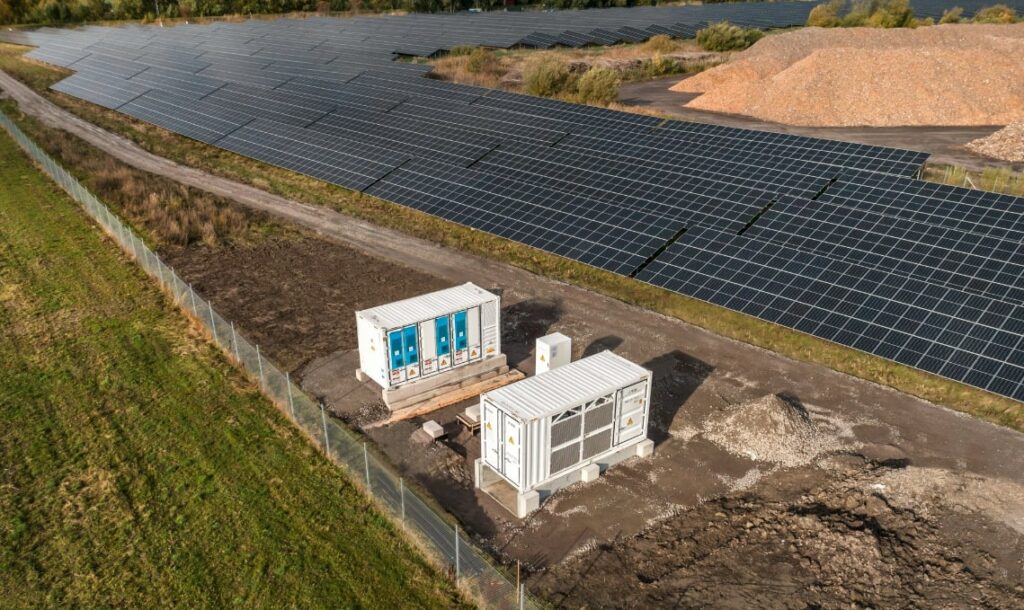
Developer SENS has secured a 30-year land lease for a 40MW battery energy storage project in Södermanland, Sweden.
The deal has been struck with a landowner outside Bettna in Flen municipality, Södermanland County, Sustainable Energy Solutions Sweden Holding AB (SENS) said.
Enjoy 12 months of exclusive analysis
- Regular insight and analysis of the industry’s biggest developments
- In-depth interviews with the industry’s leading figures
- Annual digital subscription to the PV Tech Power journal
- Discounts on Solar Media’s portfolio of events, in-person and virtual
SENS will now aim to continue the development process of the project up to ready-to-build (RTB) status, at which point it will sell control of the project to another developer or long-term owner.
That will follow the model it opted for in May this year when it sold a co-located, 20MW solar PV, 25MW battery storage project in Värmland country to Swiss renewable energy firm Axpo, set to start construction in the second half of 2023.
SENS didn’t give a timeline on when it expected the Södermanland project to reach RTB or be sold, but it may be worth noting that it announced the land lease for the Värmland project in January, five months before it sold the project to Axpo.
Henrik Boman, CEO of SENS, commented: “It is with pleasure that we have now signed another land lease agreement, which represents a crucial first step as we now aim to establish a new battery storage facility. Interest in battery storage has been impressive, both as an integral part of renewable energy production and as a resource for frequency regulation.”
The company has been active this year in starting new projects across Sweden. In June, it announced it was starting the development of a new 30MW battery storage project in Filipstad, Värmland, the same municipality where Axpo’s located. The same month saw it announce a feasibility study with brewer Spendrup for a solar and storage project at a brewery in Grängesberg.
Opportunities for battery storage in Sweden have increased in the last few years as the country’s hydroelectric fleet’s ability to provide ancillary services begins to be exhausted, and energy trading opportunities increase as more renewables come online and market volatility grows.






